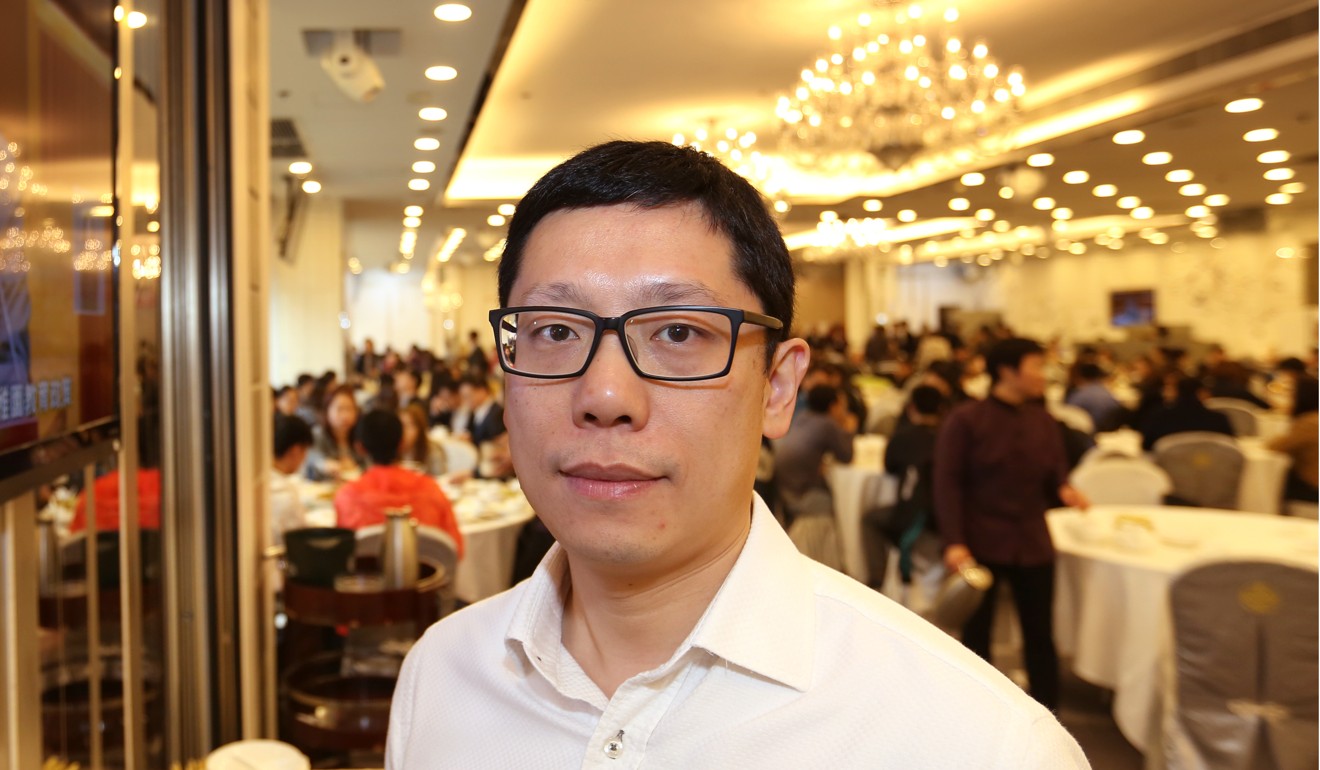
Asian steak hotpot operator sizzles on trading debut
Company operates the popular Wagyu steak hotpot Mou Mou Club and Gyu-Kaku Japanese Barbecue brands in Hong Kong
Shares in popular Asian hotpot operator LH Group almost doubled on their Hong Kong debut on Wednesday after an initial public offering that was nearly a thousand times oversubscribed.
The stock opened 80 per cent higher and briefly touched HK$2.12, up 93 per cent from the IPO price of HK$1.10. By close, it had pared gains to trade at HK$1.54, still 40 per cent higher, with some 392 million shares changing hands.
It bucked the weak overall market trend, as Hong Kong’s Hang Seng Index fell 1.4 per cent amid worries about renewed US-China trade uncertainty and the political crisis in Italy.
The company is the second-largest Japanese catering brand operator. It operates the popular Wagyu steak hotpot Mou Mou Club and Gyu-Kaku Japanese Barbecue brands in Hong Kong.
Asian hotpot operator becomes latest retail frenzy IPO
Simon Wong Kit-lung, chairman and president of LH Group, said at the listing ceremony on Wednesday that the company will focus on Asian catering brands in the future, such as Japanese dishes, and put less emphasis on Cantonese cuisine.
LH Group plans to use the IPO proceeds to open 27 new restaurants in Hong Kong by 2020 – 19 of them under franchised brands and eight under its own brands, according to the IPO prospectus.
Wong said he also wants to expand in mainland China and Southeast Asia, including Singapore and Malaysia.
The firm has already obtained the franchising rights of Gyu-Kaku in mainland China and will probably “test the water” in the south of the country, opening one or two restaurants as the first step, he added.
The IPO, which counts MTR Corp chairman Frederick Ma Si-hang as a cornerstone investor, drew nearly 1,000 times more bids from retail investors than the number of shares available, adding to the list of smaller new offerings that have sparked a retail frenzy in the first half of this year.
LH Group priced its IPO at HK$1.10, raising a total of HK$220 million (US$28 million) in the offering.

So far in 2018, four new stock listings on Hong Kong’s main board have seen their retail portions oversubscribed by a factor of more than 1,000 times. Investors vying for shares of Tianbao Energy saw the IPO oversubscribed 1,592 times, while Most Kwai Chung was driven to 6,288 times the number of shares available. B&S International Holdings was oversubscribed 2,599 times, and Dragon Rise Group saw orders exceed shares available by a factor of 1,680 times.
Three of the IPOs are trading above their offer prices since listing, while the Tianjin-based power operator Tianbao Energy fell on its first day of trade and is down 17 per cent from its offer price.
LH Group currently operates 34 restaurants in Hong Kong under 10 franchised and self-owned brands, including the Mou Mou Club and Gyu-Kaku Japanese Barbecue.
These two brands also boast relatively higher operating margins within the group, at 35 per cent and 32.5 per cent each.
By revenue, LH Group accounted for a 1.8 per cent market share of Hong Kong’s catering sector last year, far lower than the 7.9 per cent it enjoys in the Japanese cuisine segment, according to research by Frost & Sullivan.
Revenue from the Japanese and Korean franchised brands jumped 10.2 per cent in 2017 year on year, compared to a 5.1 per cent decrease in Chinese food brands.
LH Group reported an 11.6 per cent increase in 2017 revenue to HK$829 million. However, its net profit dropped 1 per cent to HK$40.14 million.
For the first half of this year, the company’s net profit plunged 54 per cent, which the company attributed mainly to rising retail rental costs.

